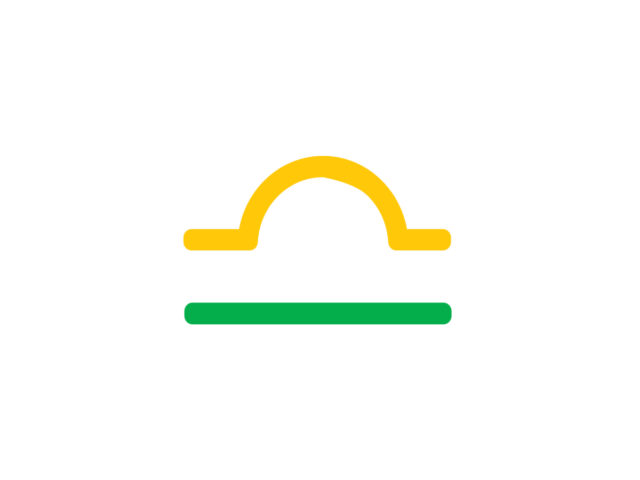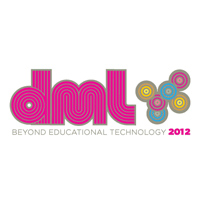The title for this post is borrowed from Antero Garcia, doctoral candidate in Urban Schooling at UCLA and chair of the Innovations for Public Education conference track at DML 2102. At DML, Antero presented a stellar talk entitled, “This Ain’t Montessori: Mobile Participation in South Central High School” in a panel on issues around inclusion in online and offline learning environments.
I was instantly intrigued by the “ain’t Montessori” line, and learned that it was a reaction to the opening keynote speech by the sage John Seely Brown, whom both Antero and I respect immensely. (JSB is the former Chief Scientist at Xerox PARC and, full disclosure, current Chairman of the Advisory Board of the lab I’m affiliated with – the Cooney Center-partnered USC Annenberg Innovation Lab.)
Having been stuck in the airport Thursday morning, I unfortunately missed JSB’s keynote. But luckily for all of us, it’s available here. To summarize, JSB discusses how the philosophies of Maria Montessori and modern Montessori education (note: not necessarily the same thing) might be scaled to challenge the current dominant social practices and institutional structures around learning, digital media, and technology in grade level or high school level education.
Antero’s “ain’t Montessori” line was meant to problematize JSB’s (as-presented) rather romantic notions around Montessori education, and point to how a “Silicon Valley”-inspired model of Montessori education is not necessarily globally or culturally appropriate. Taking Antero’s lead, I’d like to use this space to problematize not just JSB’s presentation of the role of Montessori in universally “cultivating the entrepreneurial learner,” but also to specifically call attention to the absence of early childhood educators and scholars in the DML space, and why it should matter to all of us.
JSB argued that through the lens of Montessori’s philosophy, today’s digital technologies hold unparalleled possibilities as “curiosity amplifiers.” Montessori teaching values tacit learning, or the development of key practices, habits, and “know-how” that can only be learned through personal experimentation. However true, Montessori is NOT the only model of early childhood education that values embodied play and learning. While the guys at Google might have grown up and thrived going to schools inspired by the pre-WWII teachings of Maria Montessori, how about inviting to the metaphorical sandbox another Italian pioneer of early childhood education, Loris Malaguzzi of the post-WWII Reggio Emilia movement? I’ve argued in a recent article in the Journal of Early Childhood Literacy that there’s much the DML community can learn from Reggio Emilia-inspired practices, too.f It is unfair to reduce early childhood education solely to Montessori when other models might in some ways be a better philosophical fit for framing certain discussions in the DML space.
Let’s avoid stagnation purely based on sagacity. While I applaud JSB for taking early childhood education seriously, I don’t want his thesis to go unquestioned the DML audience, who may or may not have a deep understanding of theories and research in early childhood education. I don’t buy that Montessori-inspired pedagogy alone is the magic answer for fostering new processes and connections around education reform. I do believe that bringing a plurality of voices, representing a wide range of early childhood education philosophies and professionals gets us somewhere closer. I take issue with reductively and symbolically talking about preschool when it becomes talking for the diverse players in the preschool world who can speak for themselves (about Montessori and much more) if given the stage.
The Cooney Center is at the forefront of mobilizing scholarship, policy, and practice in the area of digital media and learning. As part of the Center’s Bridging Learning initiative at the USC Annenberg Innovation Lab, we are exploring the ways that early childhood and elementary school-age children learn across their media ecosystem. Key to that initiative is recognizing that the opportunities to participate in this cultural convergence start before children begin kindergarten. Appropriating Pre-K philosophies for K-16 education reform might isolate Pre-K teachers, students, and parents from the kinds of rich and interesting conversations had annually at DML.
Now, who wants in on my DML 2013 panel submission on the “ABCs of DML”?



